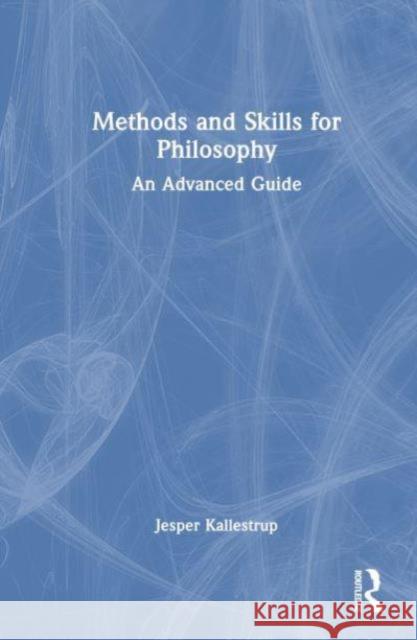Methods and Skills for Philosophy: An Advanced Guide » książka
topmenu
Methods and Skills for Philosophy: An Advanced Guide
ISBN-13: 9781138818521 / Angielski / Miękka / 2024 / 224 str.
Methods and Skills for Philosophy: An Advanced Guide
ISBN-13: 9781138818521 / Angielski / Miękka / 2024 / 224 str.
cena 189,41
(netto: 180,39 VAT: 5%)
Najniższa cena z 30 dni: 178,95
(netto: 180,39 VAT: 5%)
Najniższa cena z 30 dni: 178,95
Termin realizacji zamówienia:
ok. 16-18 dni roboczych.
ok. 16-18 dni roboczych.
Darmowa dostawa!
Kategorie BISAC:
Wydawca:
Routledge
Język:
Angielski
ISBN-13:
9781138818521
Rok wydania:
2024
Ilość stron:
224
Oprawa:
Miękka
Wolumenów:
01
Dodatkowe informacje:
Komentarz
Bibliografia
Glosariusz/słownik
Bibliografia
Glosariusz/słownik











